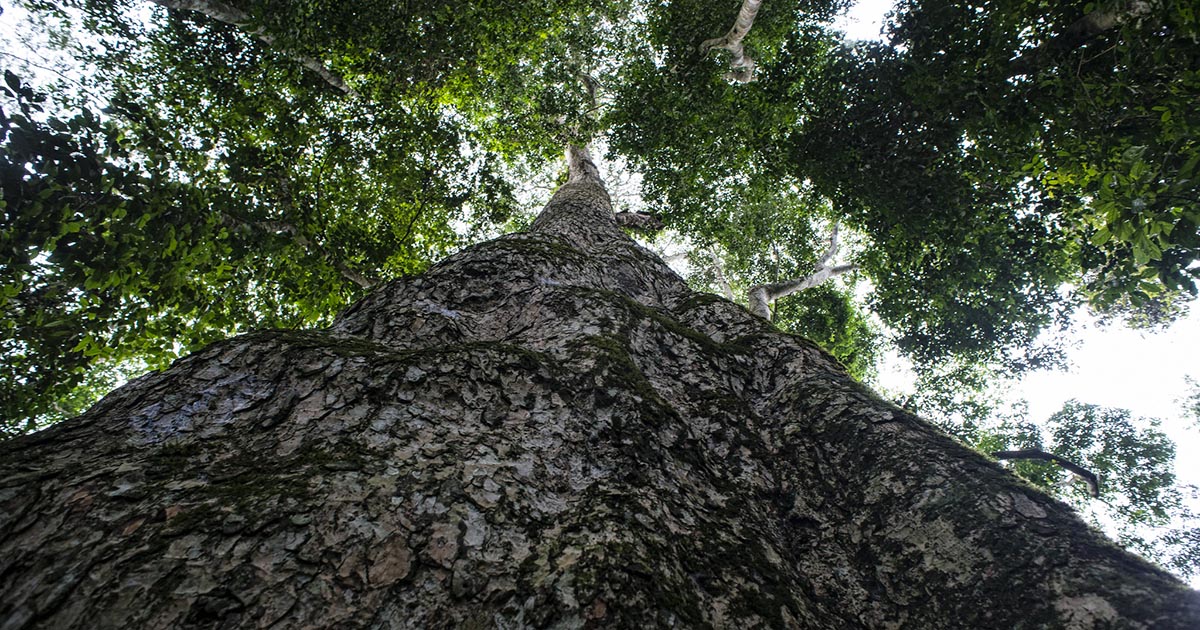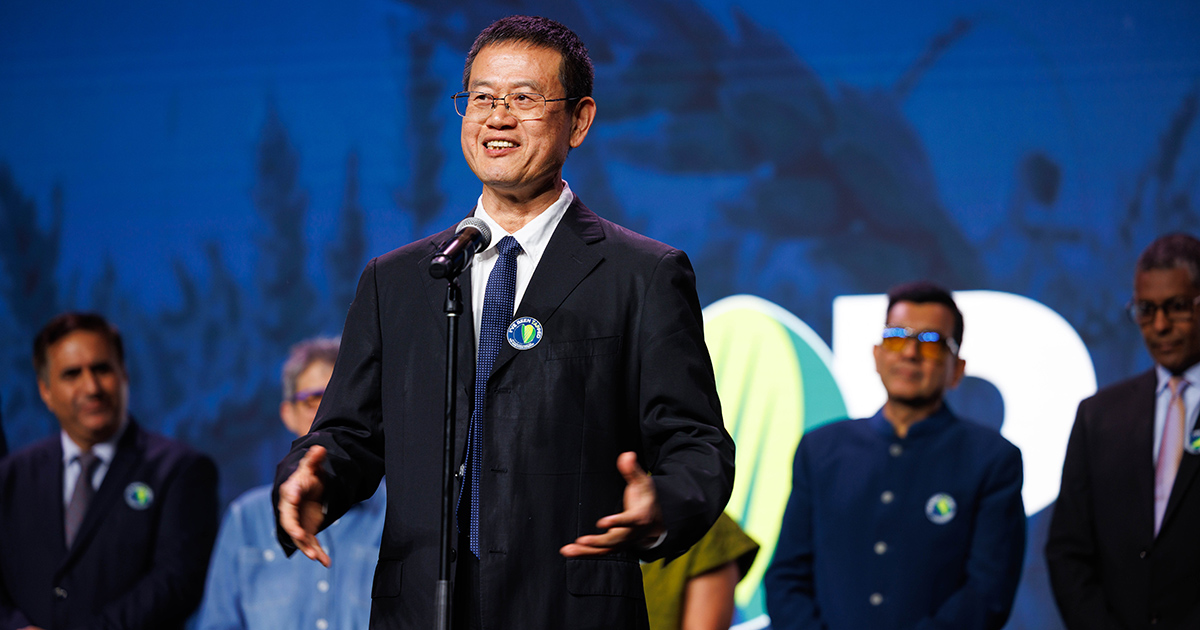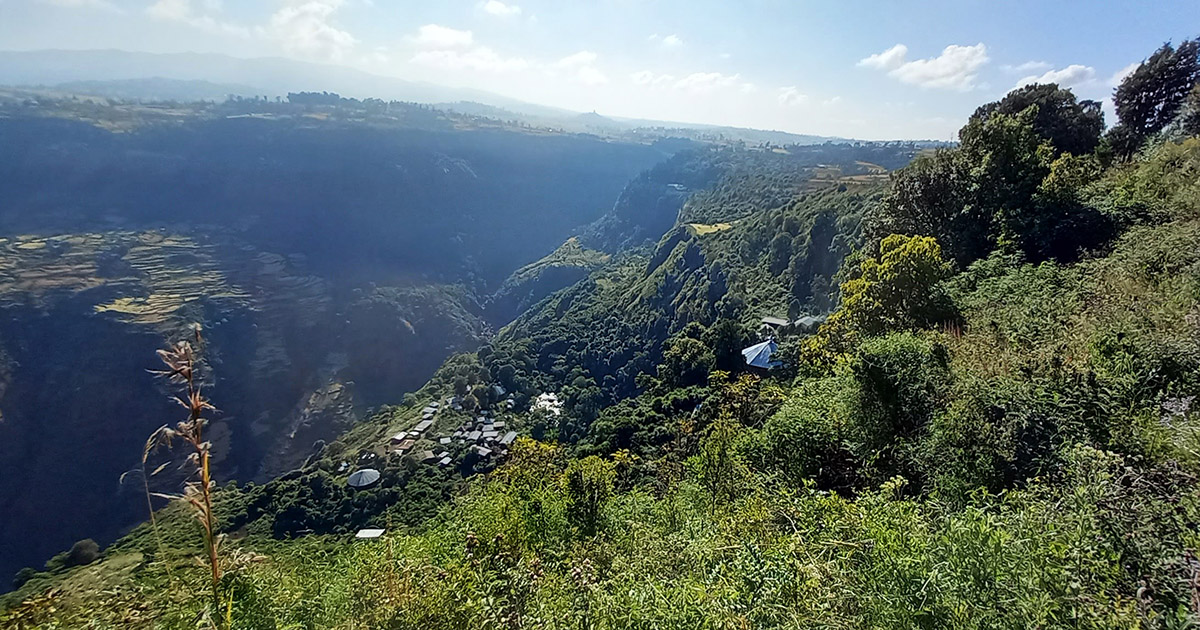Maize yields in sub-Saharan Africa remain low due to poor soil fertility, inadequate crop management, and erratic rainfall. This study evaluated the effects of integrated soil fertility management (ISFM) practices—using combinations of manure, lime, and NPK fertilizer—on soil chemical properties and maize yields. Conducted through participatory methods (InPaC-S), the study found that lime + NPK significantly improved yields by 149% and enhanced soil health indicators such as CEC, organic carbon, and nutrient content. While this treatment had the highest production cost, it also yielded the greatest net revenue. Sensitivity analysis revealed that rising fertilizer costs could reduce profitability, making alternative ISFM combinations (e.g., lime or manure alone) more viable. The findings support scaling up ISFM to improve food security and rural livelihoods across the region.
DOI:
https://doi.org/10.3389/fagro.2025.1537292
Altmetric score:
Dimensions Citation Count:

Publication year
2025
Authors
Lelei, D.K.; Sultan, M.S.; Kuboja, N.M.; Mwangi, L.N.; Sinclair, F.
Language
English
Keywords
maize, soil fertility, organic fertilizers, crop yield, soil nutrients, participatory research, sustainable agriculture
Source
Frontiers in Agronomy. 7: 1537292
Geographic
Tanzania















